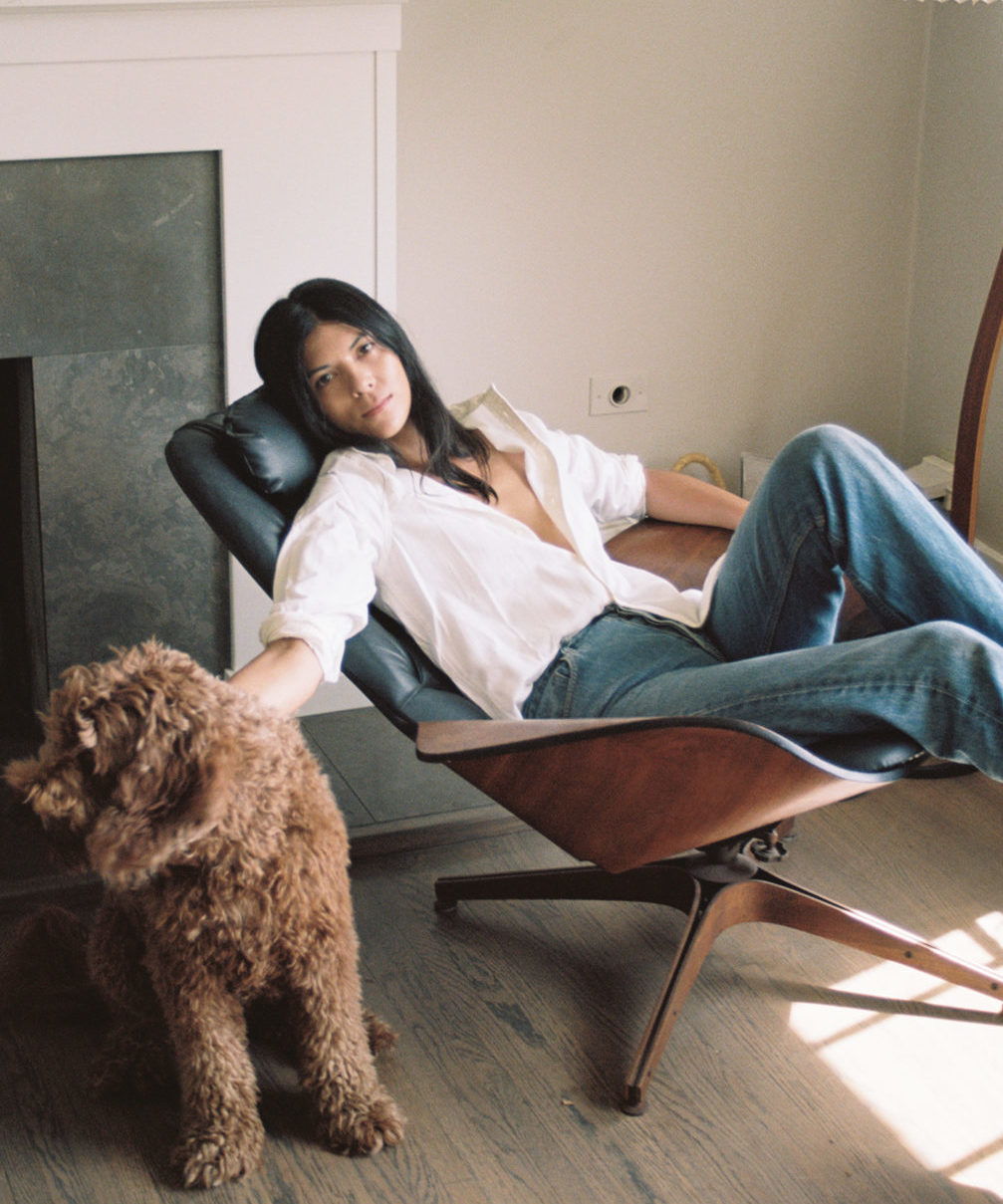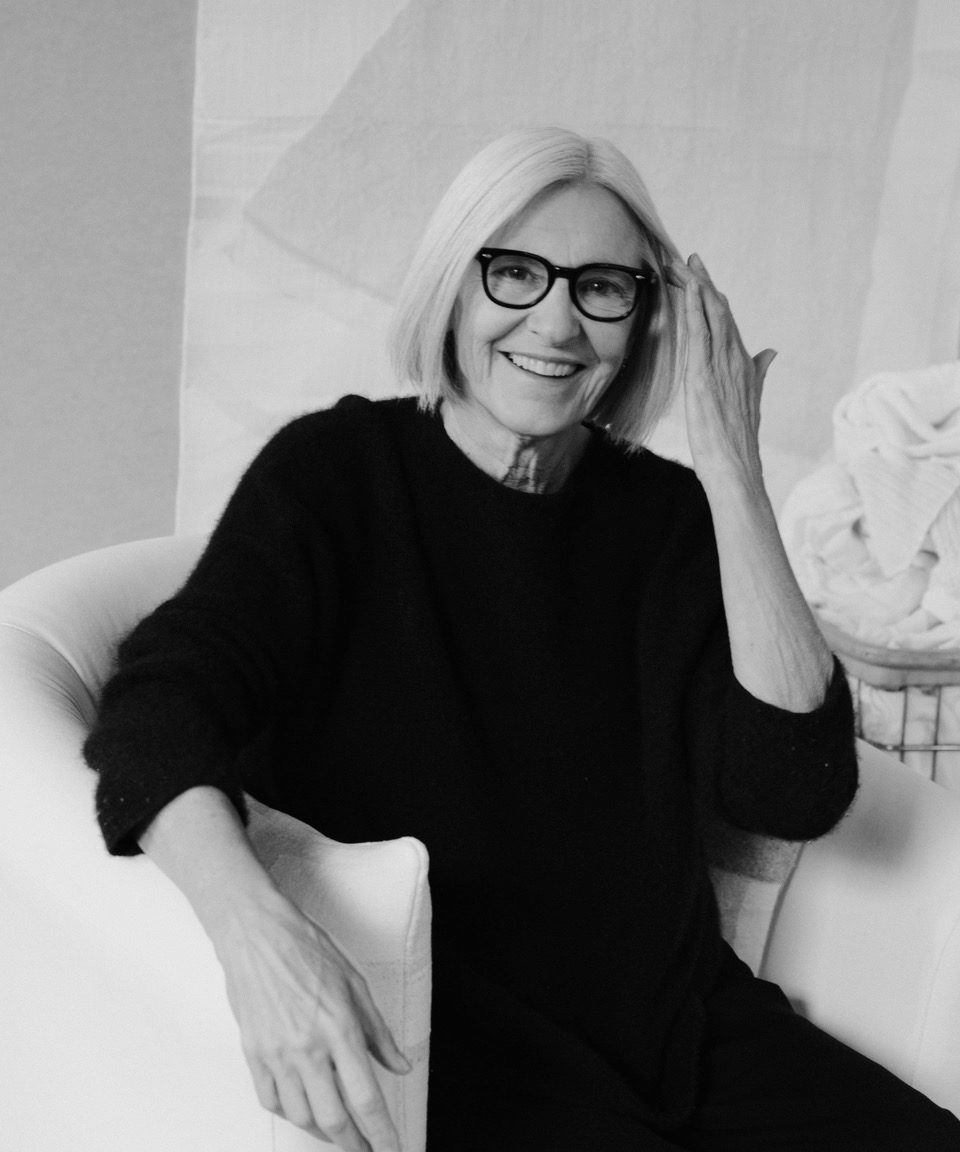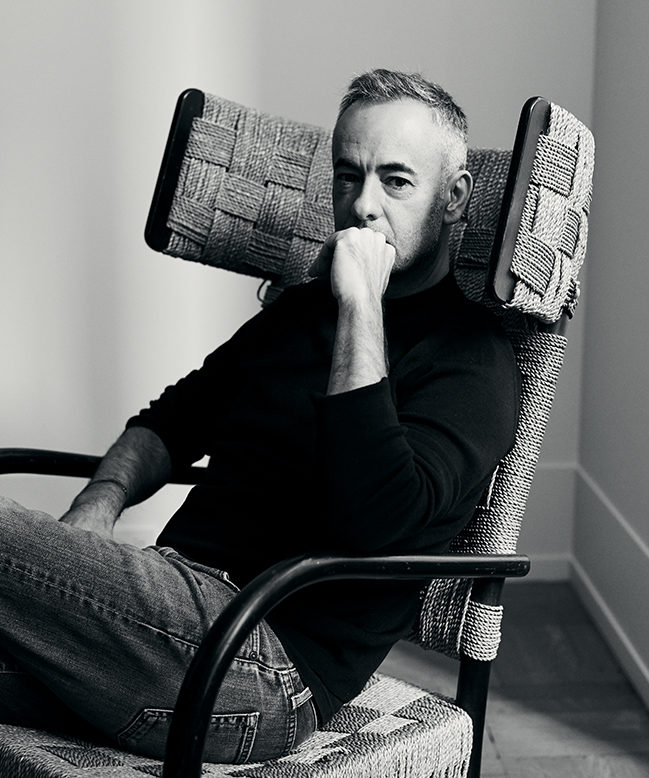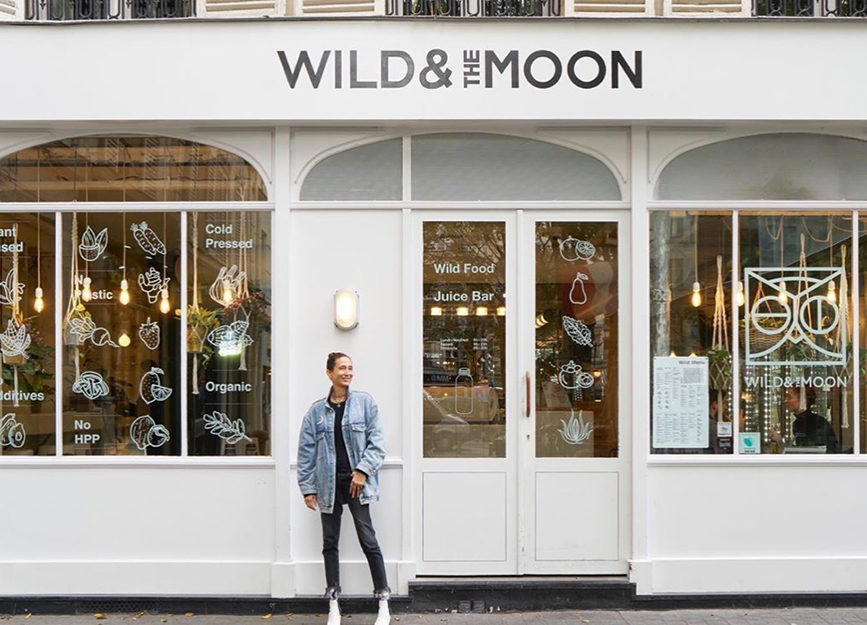

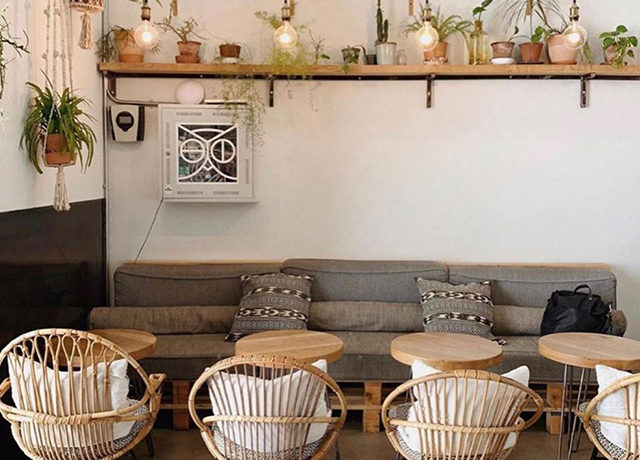



Travel
A Vegan Paris with Wild & The Moon
Centered around the belief that food should be nutritious, delicious and good for the planet, Wild & The Moon Paris is more than just a café serving delicious vegan food. It’s a lifestyle movement. Born in Paris and created with expertise from chefs, nutritionists, naturopaths and food lovers alike. Wild & The Moon Paris serve local, organic, and ethically sourced food. With the mission to deliver nature’s healing power to an urban crowd. Keen to know more, we asked them all about their concept, veganism in Paris and their plastic-free policy. Scroll down to read our exclusive interview with co-founder and creative director, Emma Sawko.
Why did you decide to enter the vegan market in France, which has been seen as somewhat of a traditional marketplace for food?
I think France still has a very traditional take on food in the sense that it is a central aspect of our culture. We love it and we take the time to appreciate it. However, that doesn’t keep French people from trying other cuisines! Vegetarianism and veganism were not previously part of our culture. Even though it’s been around for decades in neighbouring countries like the UK and Germany. It’s only recently kicked off in France. Stemming from a deep-seated concern with what the industries are feeding us. As well as the recent wake up call regarding climate change. I never wanted to open “vegan restaurants” as such. But rather, restaurants that are 100% pure, organic, healthy, eco-responsible. A place where you can enjoy and trust what is on your plate.
How did you go about expanding your business? How did the French demographic respond to plant based eating?
Again, I think we are much more than a “plant-based” restaurant which might sound a little reductive. I think we would have had a few problems trying to serve “tofu-nuggets” to the French crowd! We spend a lot of time trying to create recipes that are exciting and new. Recipes that taste like childhood memories and far away places. In addition to working with local farmers and suppliers that we trust, we always use organic, wild and seasonal produce. People visit the cafe to sit down and enjoy their meal – they absolute love it.
What have been your biggest challenges entering the vegan industry?
I don’t think I came across any challenges entering the vegan industry, specifically. There are many challenges working in the food industry in France in general. Sourcing organic and local produce is challenging, as is being a carbon neutral / zero waste / zero plastic company.
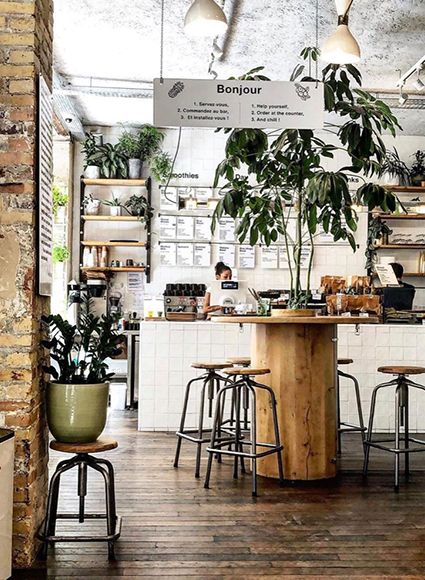

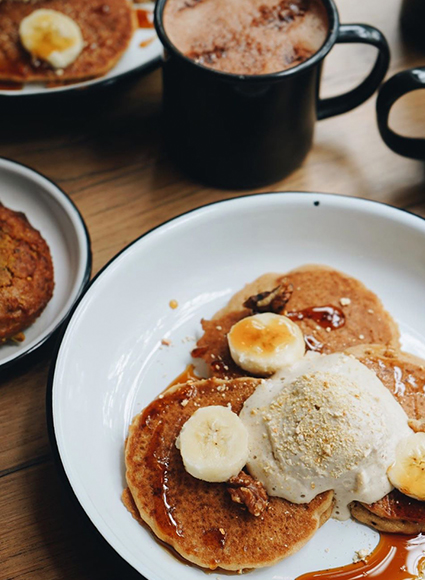

Do you see the Parisian demographic responding well to veganism? If so, would you say this openness to change is due to anything specific such as climate change, health, etc?
Yes, Parisians have previously had a more laid back reputation, especially concerning health and fitness. We picture the Parisian woman in the morning with her coffee, croissant and cigarette. Nowadays, Parisians want a healthy glow, a dewy skin, and they prefer morning smoothies after yoga. Nobody I know is having entrecote and fries for lunch these days. And while this has a lot to do with health and wellbeing, from what I can pick up, it also relates strongly to climate change.
You guys have a no plastic policy in your restaurants which we LOVE. Has this been difficult to do on a larger scale? How have you done it and what would you tell people trying to have plastic free kitchens at home?
Yes it has been tricky. We were adamant on having zero plastic in our restaurants, but to implement it has been very complicated. It has taken us months to source the right containers, straws, bottles and cutlery that are absolutely chemical or plastic free. As well as compostable or biodegradable. It’s probably easier at home not to use plastic as you can use normal containers and cutlery. The challenge is in the way you shop. It’s crazy to think how much plastic there is in virtually any item you buy. Vegetables, flour, detergents – most items are likely to be wrapped in some kind of plastic. You have to find places that sell loose produce and use paper or fabric bags. There are a range of options, like storing in glass jars and purchasing natural alternatives, it does take time though.
Has it been difficult going all organic with your produce?
These days you find organic options everywhere. But the real difficulty is in finding good, tasty produce that aligns with our strict specifications. We go for wild or biodynamic as often as we can. We have taken time to select our farms and suppliers. To us, it is equally as important to select seasonal and local produce.
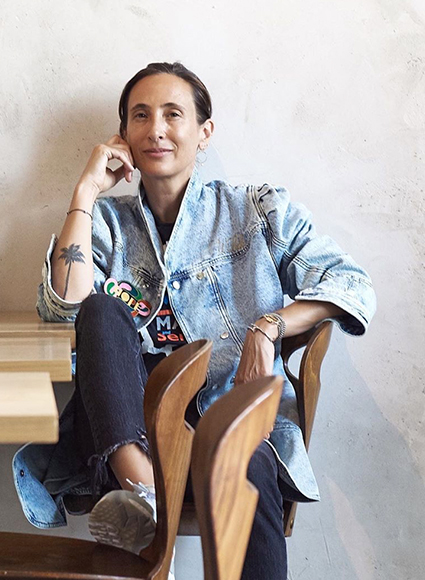

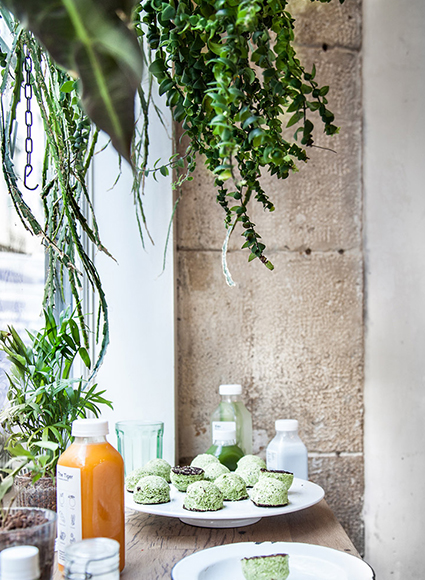

What are you guys doing about food waste? We saw a big stance on your website and would love to hear some of the problems around this and how restaurants can combat this?
Our basic raw materials are fresh fruit and vegetables, grains, spices, pulses and seeds; so we don’t have a lot of food waste to start with and what we have left consists mainly of green tops, peels and pulp. It’s often too good to be discarded, still packed with fibers, raw enzymes or vitamins, and so we try to make the most of these with recipes using almond pulp from our milk or the vegetable pulp from our green juices etc. What we do not use is composted and absorbed back into the earth.
What does sustainability mean to you and your business?
Sustainability is the only way forward. It is our duty to try and change the deal for nature, climate and the generations to come; I consider it a crime not to. Whether it’s in business or in your own personal life, there is no way around the need to make a change. We want to become the Starbucks of Good Food. We want organic, seasonal, local, sustainable food to become mainstream.














